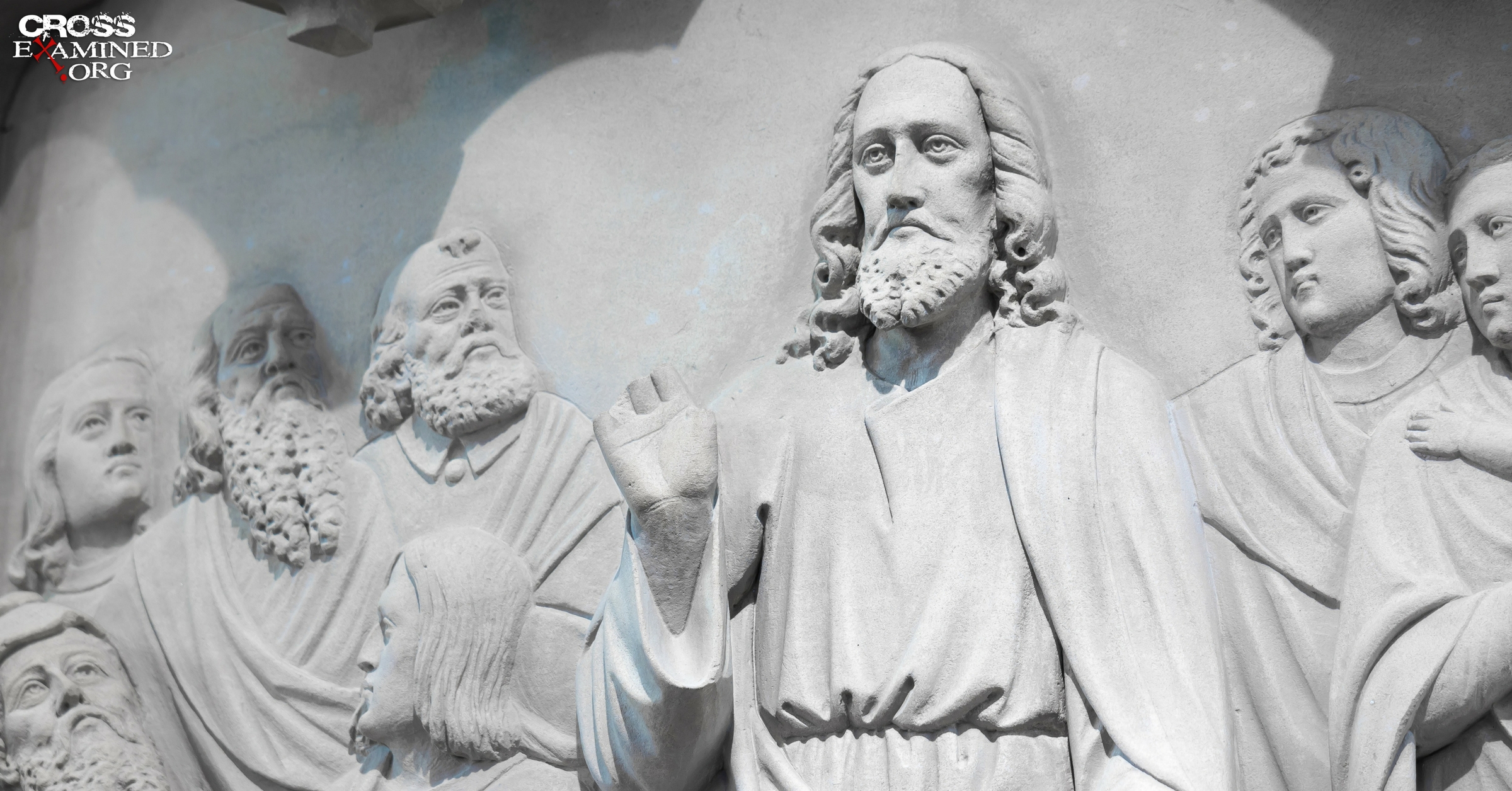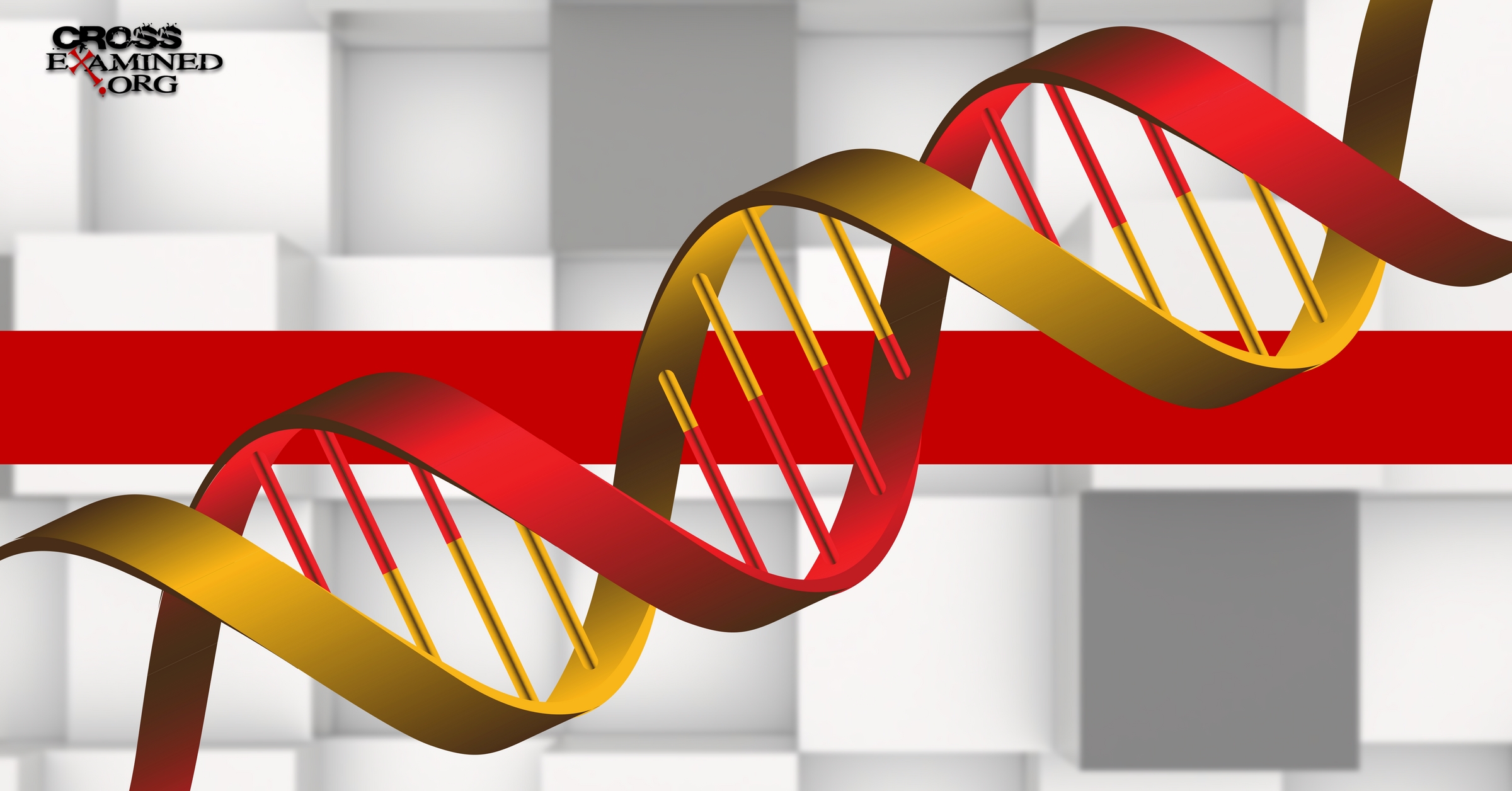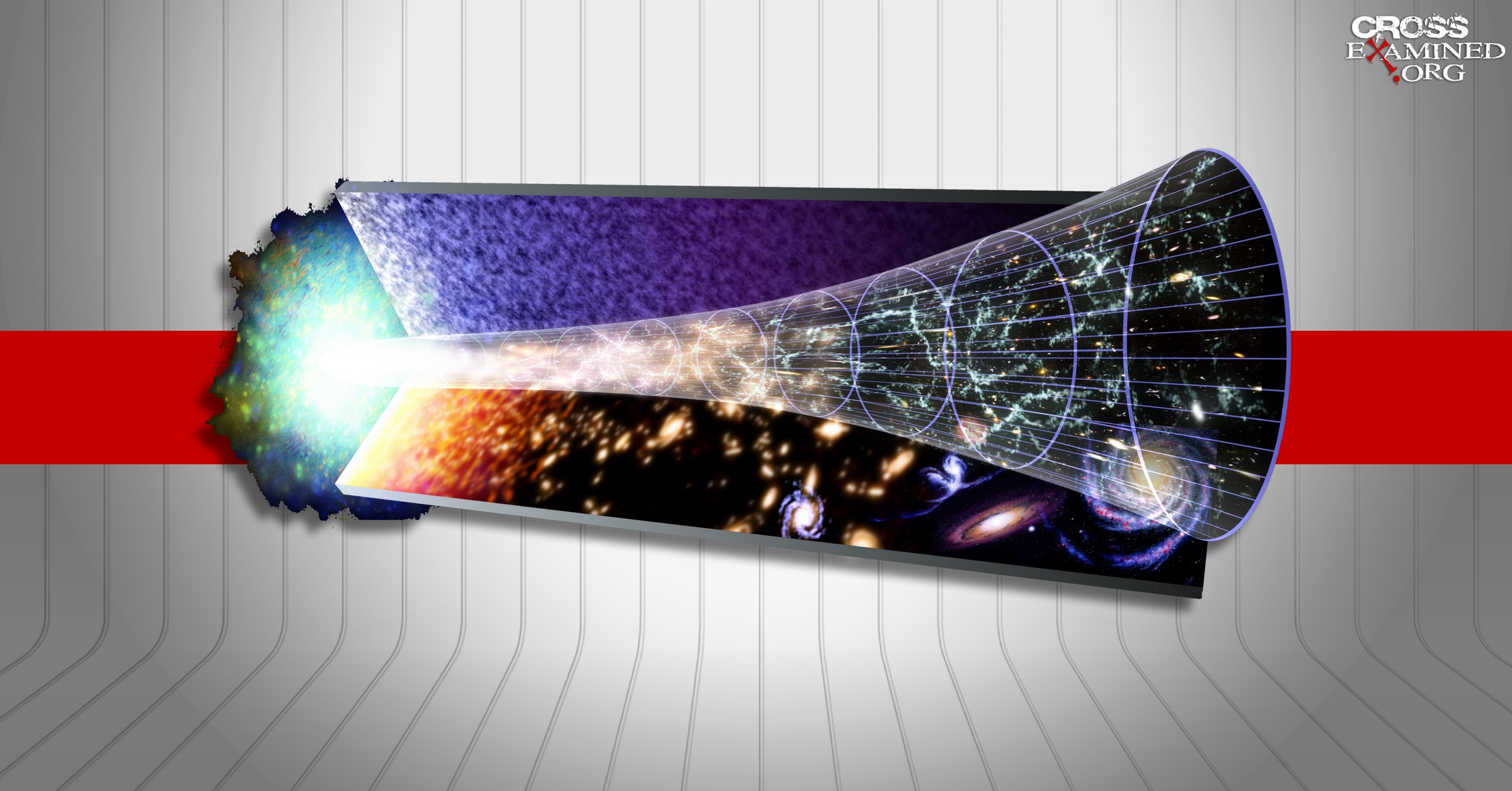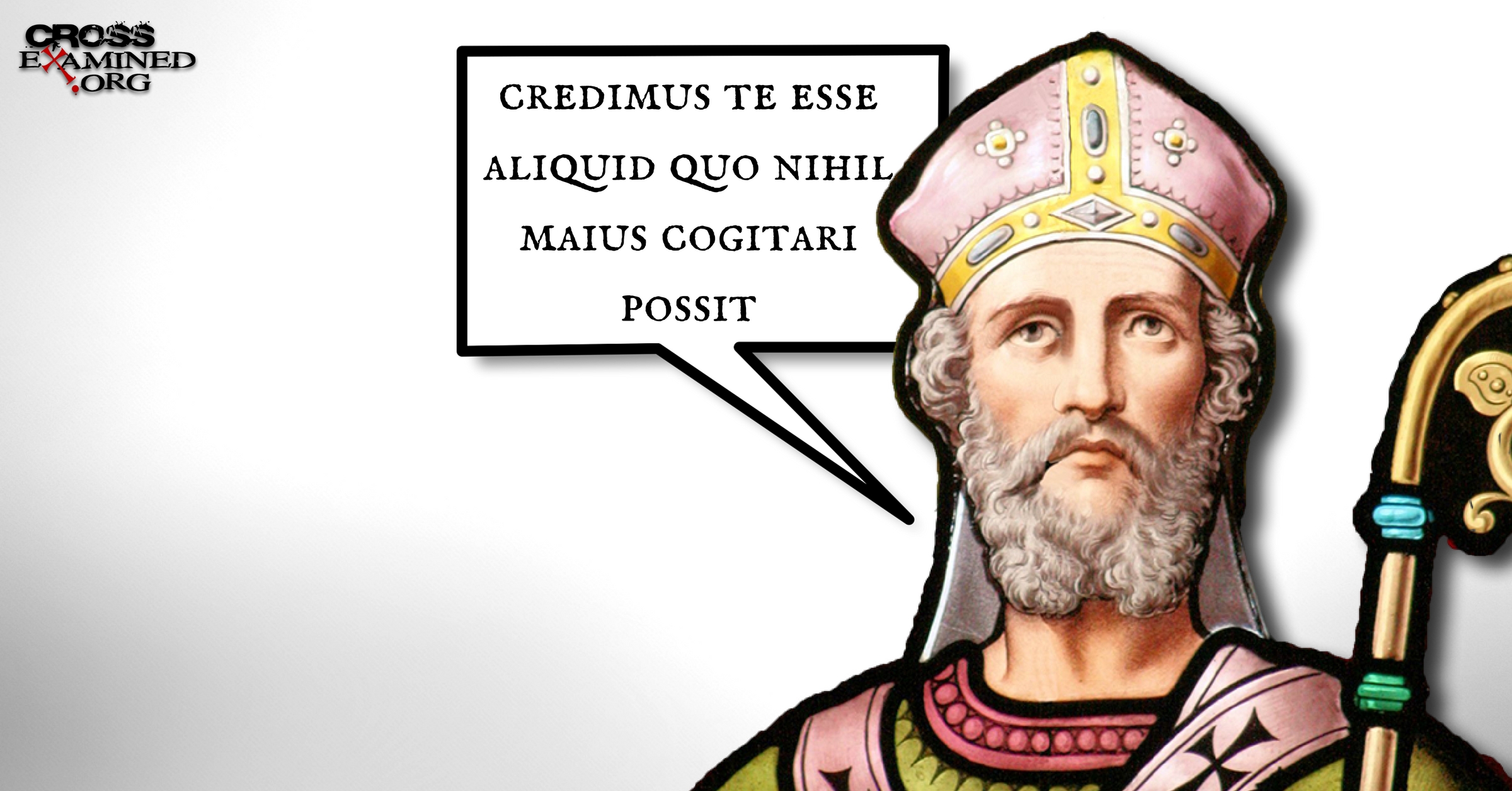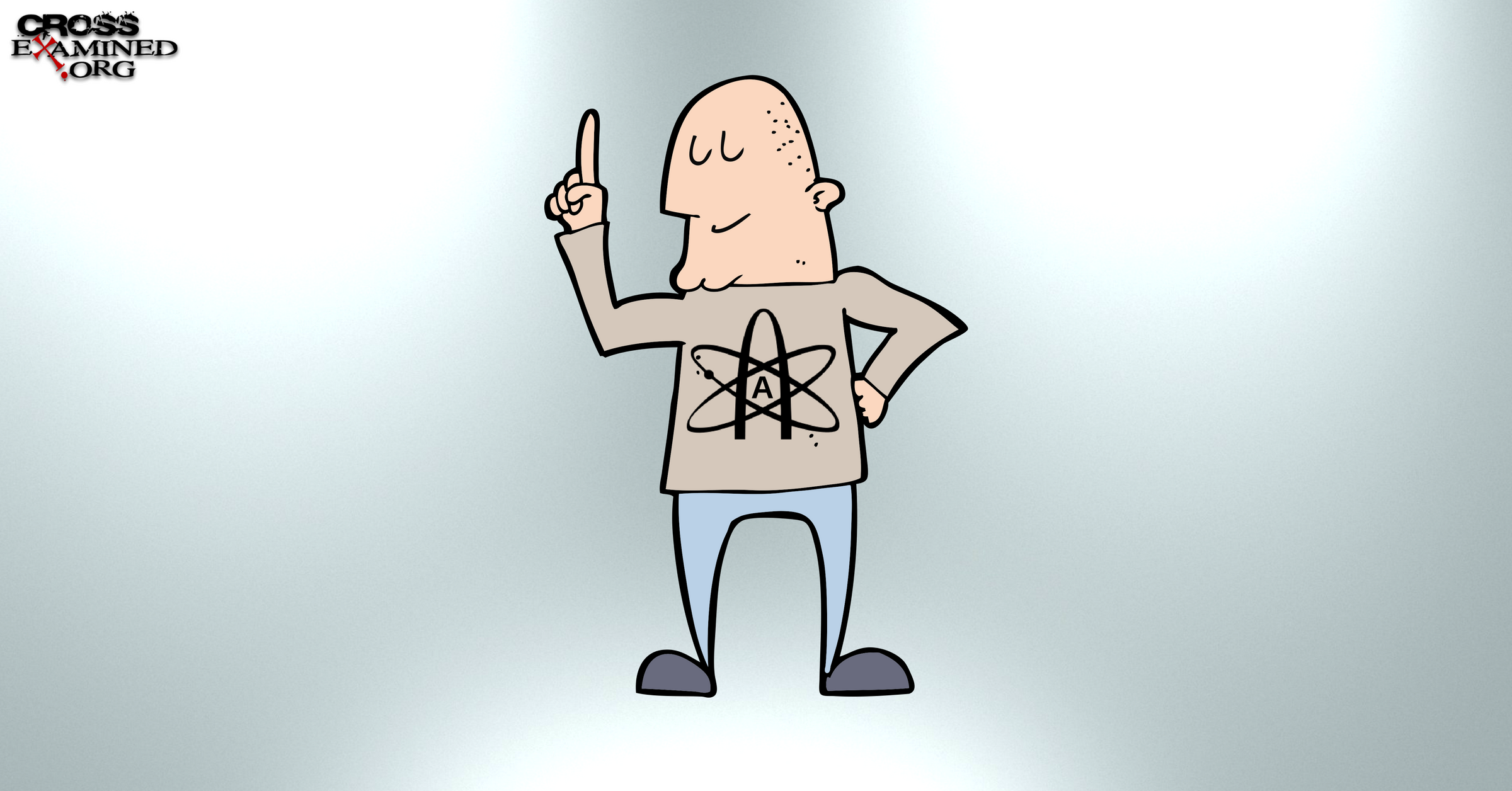By Dan Grossenbach
Ancient history is a funny thing. We depend on the information, but no one was there to see it. Historians meet this challenge with the standard method of historiography.
Historiography is scientific in a sense, albeit different than the hard sciences like physics and chemistry. In both cases, absolute certainty still evades us. Historians seek only to identify what events are more likely than not to have happened. Famous religion skeptic Bart Ehrman says human events that occurred in the past are always a matter of what probably did or did not happen[1].
History’s witnesses contain lore and exaggeration but also facts. It’s inherently problematic that there’s much about the ancient world we’ll never know. In fact, an overwhelming majority of events and people left without a trace. When it comes to Jesus of Nazareth, however; there’s little else we can know so well.
Surprised? It turns out there are a few facts about his life, death, and post-death events that aren’t even contested among historians today. So, it’s safe to say we can know with relative historical certainty that these things actually happened. Don’t take our word for it, but see what the scholars who reject Christianity say about him.
Jesus died by Roman crucifixion in first century Palestine
“Jesus death as a consequence of crucifixion is indisputable.” – Atheist Gerd Ludemann[2]
“The crucifixion of Jesus by the Romans is one of the most secure facts we have about his life.” – Atheist Bart Ehrman[3]
We can take it “absolutely for granted that Jesus was crucified under Pontius Pilate” Skeptic John Dominic Crossan[4]
Jewish scholar Paula Fredrickson tells us “the crucifixion is the single strongest fact we have about Jesus”[5].
Even the radical and anti-supernatural Jesus Seminar claims that the crucifixion is “one indisputable fact”[6]. Finally, New Testament scholar Marcus Borg articulates for us:
“[S]ome judgments are so probable as to be certain; for example, Jesus really existed, and he really was crucified, just as Julius Caesar really existed and was assassinated. …. We can in fact know as much about Jesus as we can about any figure in the ancient world”[7].
With such strong endorsement by non-Christian scholars who may otherwise be inclined to dismiss this fact, it seems as though no one would oppose it. Nonetheless, there are a few who do. Muslims, of course, are theologically committed to reject this fact at the outset. There are also a handful of scholars who argue the crucifixion was an allegorical story based on pagan mythology. An excellent rebuttal to this view by Greg Koukl can be found here[8]. The interested reader is encouraged to look into the reasons these scholars have for or against all three of these facts about Jesus[9]. The point of this article is to show basic facts most non-Christian scholars concede to when everything is considered.
Surprising as it may be, non-Christian scholars accept most of Paul’s letters and much of the gospel narrative as authentic. Honest historians apply the same standard to the New Testament as they give other available textual witnesses. Almost all scholars give credit to Paul for at least 7 of his 12 letters which give us more than enough for all three points in this post by itself.
Even non-Christian historians don’t dismiss the gospels which provide independent and early accounts. It’s important to realize the passion narratives that provide an account of the crucifixion have distinct differences even among the “synoptic” gospels (Matthew, Mark, and Luke). This indicates the written narrative comes from a unique prior source even when other parts of the gospels may share a common tradition. Additionally, the crucifixion is presumed as historical in non-canonical material such as the Shepherd of Hermas and two letters of Clement, Gnostic texts, and the writings of early church fathers.
Contemporary non-Christian sources help too. Admittedly, some Christian apologists have overstated ancient witnesses that mention Christ, but others have dismissed them too quickly (the latter possibly due to the former). At the very least, the extant material left from ancient writers who mentioned Jesus relayed what they took to be contemporary common knowledge. Non-Christians Tacitus, Lucian, Mara Bar Serapion, and Josephus each have different reasons for mentioning Jesus of Nazareth, but they all assume his execution to be a fact taken for granted by their first century audience. It is also worth noting that ancient writings of the time confirm specific crucifixion details described in the gospels and no ancient source contradict this was Jesus’ fate[10].
Jesus had followers who had experiences they believed to be the risen Jesus
Once again, this point can be made by those who we would expect to disagree. Mike Licona points out that Jewish scholar Pinchas Lapide in his work titled, The Resurrection of Jesus: A Jewish Perspective,gives a case that the post-resurrection appearances in the New Testament originate from the apostles themselves[11].
Atheist New Testament scholar Gerd Ludemann thinks the appearance narratives were so well attested that Paul cited them to support his argument. Commenting on the famous appearance narrative in 1 Cor 15, Ludemann thinks Paul referenced the 500 witnesses to encourage his audience to go interview them[12]. Skeptic Robert Funk reports the findings of the hypercritical “Jesus Seminar” who believe the 500 witnesses actually had an appearance, albeit a visionary one[13]. From this and many other passages, we know that the followers sincerely believed Jesus appeared to them both individually and in group settings – both to disciples who knew him well and those who did not – both to friend and to foe alike. The accounts are so well attested one scholar who even proposes the idea that Jesus never existed concedes this point (yes, you read that right). The skeptic Richard Carrier puts it this way…” Obviously, I also agree there were appearances, but I argue the appearances were hallucinations”[14].
Here Carrier supports the most common critical view in contrast to the resurrection hypothesis. His biased approach of methodological naturalism rules out the existence of God thereby excluding the resurrection option from the start. He’s so committed to avoid the resurrection that he proposes contradictory theories and admits he doesn’t intend to provide a plausible alternative theory – only something that’s possible. In his view (akin to Hume and Ehrman), miracles are the least probable event regardless of the evidence, so any alternative to the resurrection is more likely. The implicit assumption is this: since God isn’t an option, anything else will work better. He can then lob spaghetti at the wall and take whatever sticks because he took the supernatural noodles out before the toss.
Hostile skeptics Paul and James changed from hostile critics to teach the resurrection as their central message and lived an increasingly hostile life of suffering and ultimately faced a violent death for it.
James:
Admittedly the weaker of the “minimal facts” gleaned from his exhaustive study, Dr. Gary Habermas cites the conversion of James as a fact supported by the writings of a majority of scholars who are published on the topic in English, French, or German since 1975. In his book co-authored by Mike Licona, he lists four reasons given by the skeptics:
- James rejected Jesus’ ministry (Mk 3:21, 31; 6:3-4; John 7:5)
- 1 Cor 15:3-7 believed by skeptics to be authentic lists James as a witness to the risen Jesus
- James becomes a Christian leader (Acts 15:12-21; Gal 1:19)
- James died as a martyr for being a Christian leader (Hegesippus and Clement of Alexandria)[15]
Flavious Josephus was a contemporary to both James and Paul and was a Jewish historian financed by the Roman Emperor. His familial heritage was of Jewish elite in the capital city of Jerusalem where he lived while these events were unfolding. If anyone would have known about the early Christian movement, Josephus would. So, what he says about James the Just, the brother of Jesus of Nazareth and leader of the Jerusalem church carries some weight:
Having such a character, Ananus thought that with Festus dead and Albinus still on the way, he would have the proper opportunity. Convening the judges of the Sanhedrin, he brought before them the brother of Jesus who was called the Christ, whose name was James, and certain others. He accused them of having transgressed the law and delivered them up to be stoned[16].
The testimony of James is affirmed by Christian and non-Christian sources alike.
Paul:
The fact that Paul was a skeptic who converted to Christianity is so uncontroversial that we can take it directly from the source, Paul himself. There’s no need to do otherwise since the non-Christian scholars endorse his authorship to his testimony. According to skeptic John Dominic Crossan, Paul’s personal testimony exceeds even the events recorded in Acts[17]. Paul writes of his personal conversion experience in Galatians, 1 Cor, Philemon, and 1 Timothy. It’s also accounted for in a separate source on two different occasions in the book of Acts, which ironically, is also the book that most vividly speaks of his prior violent opposition. Virtually no scholar goes against the overwhelming majority consensus that Paul once was a skeptic who became a believer. Given the drastic shift in position, that is a tremendous understatement. Even atheist philosopher Michael Martin has concluded this[18].
Conclusion:
In closing, let’s review what we can know from these facts that non-Christians support: 1) Jesus was crucified, 2) apostles had post-resurrection appearances, and 3) Hostile critics Paul and James converted. Which explanation best accounts for these three facts? Skeptics have offered a range of theories, but far and away, the most common naturalistic explanation offered is grief hallucinations. This is the most common way to avoid a supernatural explanation, but fitting the skeptic’s prior presupposition is where the advantages end.
Hallucinations fail to account for group appearances granted as historical by skeptics and doesn’t work for hostile witnesses like Paul who didn’t even know Jesus but wanted to kill his followers. The best explanation is the one offered by Christianity: that Jesus rose from the dead. The only reason to keep it off the table is if you take God off the table before you start looking.
Dr. Shapiro mentioned many things about the life of Jesus but didn’t face any of these three facts. Instead, he cited clearly inaccurate information to lead the audience astray. For example, he said Jesus may never have existed at all. To this point, scholar and skeptic Bart Ehman pulls no punches. In a friendly crowd, receiving an award from Freedom from Religion Foundation president Dan Barker, Ehrman said:
There is so much evidence that….this is not even an issue for scholars of antiquity…There is no scholar in any college or university in the western world who teaches Classics, Ancient History, New Testament, early Christianity, any related field who doubts that Jesus existed…That is not evidence…but if you want to know about the theory of evolution vs the theory of creationism and every scholar in every reputable institution in the world believes in evolution. It may not be evidence, but if you have a different opinion you’d better have a pretty good piece of evidence yourself…The reason for thinking Jesus existed is because he is abundantly attested in early sources…Early and independent sources certainly indicate that Jesus existed…One author we know about knew Jesus’ brother…I’m sorry, I respect your disbelief, but if you want to go where the evidence goes…I think that atheists have done themselves a disservice by jumping on the bandwagon of mythicism, because frankly, it makes you look foolish to the outside world[19].
We need go no further than the peer-reviewed literature published by skeptics who should otherwise be inclined not to say such things. To be fair, these very same critics don’t conclude the resurrection best explains the facts, but conclusions about things with such weighty implications don’t happen in a vacuum. All sorts of factors influence our conclusions. Remember, history is a science of discovering what most probably happened so the urge is strong to wedge in other factors such as philosophical presuppositions, lifestyle habits, emotional attachment, upbringing, social setting, academic pressure, wealth, and recognition. No matter where we fall on the resurrection question, a variety of influences come into play. It’s at this point where we must part with the skeptics cited above with whom we’ve agreed with so far on key matters of science, ethics, human experience, and history. For those following their desires, just about any theory can be made to fit. For the rest of us who go where the evidence leads, there’s the hope eternal in the resurrection of Jesus.
[1] Bart Ehrman quoted in How to Defend the Christian Faith: Advice from an Atheist By John W. Loftus, Peter Boghossian viewed in Google Books preview
[2] Gerd Ludemann, 2004. The Resurrection of Christ. p50 quoted by James Bishop here
[3] Bart Ehrman, http://ehrmanblog.org/why-was-jesus-killed-for-members/)
[4] John Dominic Crossan quoted by R. Stewart & Gary Habermas in Memories of Jesus. p282 quoted by James Bishop here
[5] Paula Frederickson, remark during discussion at the meeting of “The Historical Jesus” section at the annual meeting of the Society of Biblical Literature, November 22, 1999 as cited at ReasonableFaith.org
[6] Robert Funk, Jesus Seminar videotape as cited by James Bishop here
[7] Marcus Borg, 1999. The Meaning of Jesus: Two Visions. Chapter 5: Why was Jesus killed? as cited by James Bishop here
[8] Greg Koukl, Jesus Recycled Redeemer, Solid Ground, September 1, 2009http://www.str.org/publications/recycled-redeemer#.WJajTVMrLIU
[9] A great resource on the most current peer-reviewed literature on the topic is by Micheal R. Licona,The Resurrection of Jesus: A New Historiographical Approach, IVP Academic, 2010
[10] ibid, pp303-318
[11] ibid, pp323-324 – citing Pinchas Lapide, The Resurrection of Jesus: A Jewish Perspective, 2002, p99
[12] Gerd Ludemann, The Resurrection of Christ: A Historical Inquiry, 2004, p41
[13] Licona (2010), p321 – citing Funk and the Jesus Seminar (1998)
[14] Richard Carrier, March 18, 2009, Missouri State University debate with William Lane Craig at approximately 47 min 23 sec.
[15] ibid, pp323-324 – citing Pinchas Lapide, The Resurrection of Jesus: A Jewish Perspective, 2002, p99
[16] Gary Habermas and Michael Licona, The Case for the Resurrection of Jesus, (2004) Kregel. Grand Rapids, MI. p68
[17] Flavius Josephus, Antiquities of the Jews, 20:200
[18] Licona (2010), p396
[19] Gary Habermas “The Case for Christ’s Resurrection” in To Everyone an Answer: The Case for the Christian Worldview. “[W]e have only one contemporary eyewitness account of a postresurrection appearance of Jesus, namely Paul’s.” found here http://www.garyhabermas.com/books/inbook_to-everyone-an-answer/habermas_case-for-xp-res.htm
Original Blog Source: http://bit.ly/2gRmPbt

